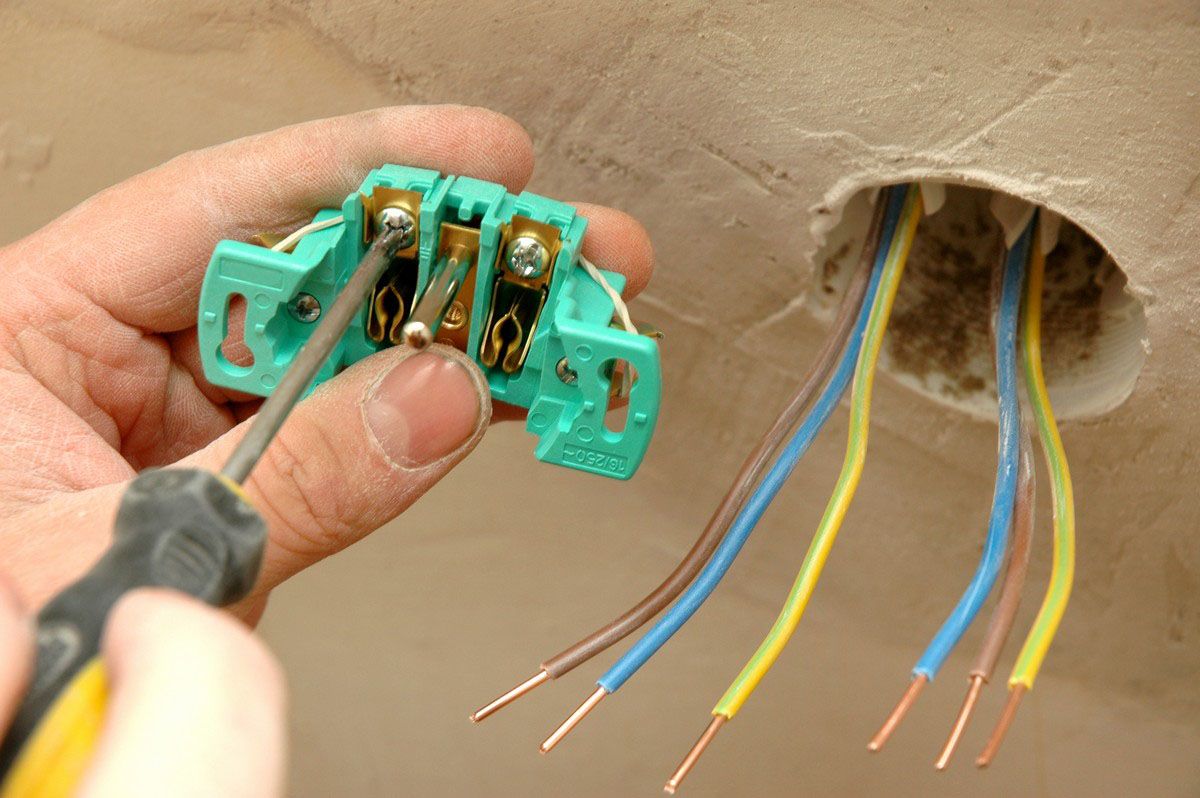The Difference Between Commercial and Residential Electricians
Electrical work is a crucial aspect of both home and business environments, ensuring the safety and functionality of spaces where people live and work. Understanding the roles and responsibilities of commercial and residential electricians is vital when seeking professional services. Despite their similar foundational skills, the distinction between these two types of electricians lies in the scale, complexity, and requirements of the projects they handle. This post aims to demystify these differences and guide you in choosing the right electrician for your needs.
Understanding Residential Electric Work
Residential electricians specialize in installing, maintaining, and repairing electrical systems in homes and small apartments. Their work often involves straightforward circuit installations, troubleshooting household wiring issues, and ensuring that homes comply with local electrical codes. These professionals are accustomed to working with single-phase systems and dealing with issues like lighting, heating systems, and home appliance circuits. Given the familiarity of their work environment, residential electricians focus on providing personalized service designed to enhance the safety and comfort of living spaces.
Understanding Commercial Electric Work
On the other hand, commercial electricians work on more complex projects such as electrical systems in office buildings, shops, and industrial facilities. Their work involves dealing with higher voltage systems, intricate circuit designs, and extensive electrical networks. The scope of work often requires managing electrical installations that can power large machinery and industrial-grade equipment. As such, commercial electricians need a higher level of expertise in handling diverse electrical components, ensuring both efficiency and safety. According to the U.S. Bureau of Labor Statistics, employment of electricians is projected to grow 6% from 2022 to 2032, faster than the average for all occupations, indicating a healthy demand for both residential and commercial electricians' specialized skills.
Understanding Differences
The training and certification for commercial and residential electricians also vary. Residential electricians often require less training and certification than their commercial counterparts due to the comparatively simpler nature of their projects. Commercial electricians typically undergo more rigorous training to equip themselves for the technical challenges of large-scale operations. Licensing and continuing education are crucial for both types, ensuring they keep up with advancements and safety standards in electrical work.
While both commercial and residential electricians share core skills and knowledge in electrical systems, their practice environments diverge significantly. Understanding these differences helps in choosing the right professional for your electrical needs, ensuring the proper function and safety of your premises. Whether you're looking for residential or commercial electricians, contact Zold Electric Inc today.












Share On: